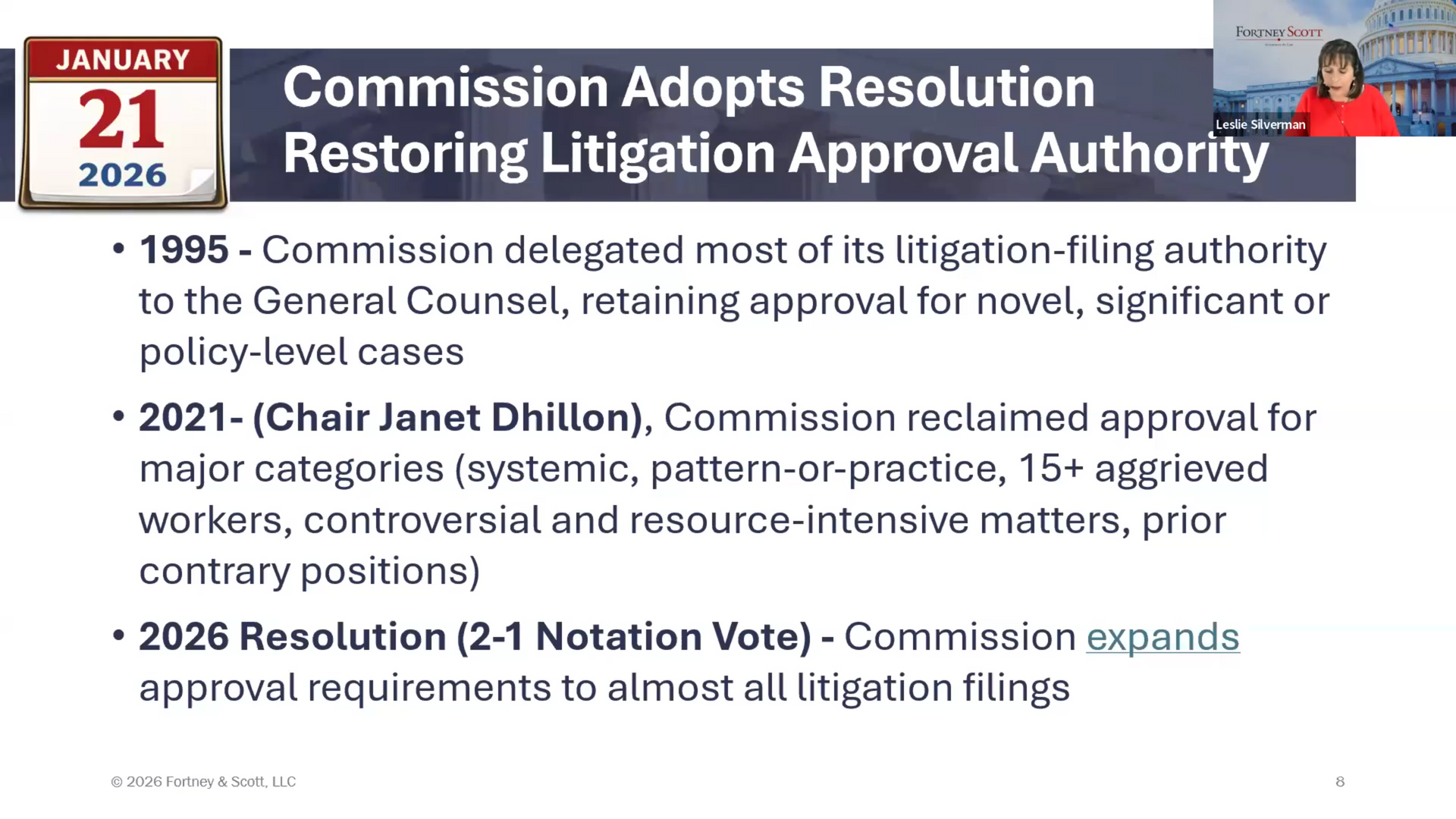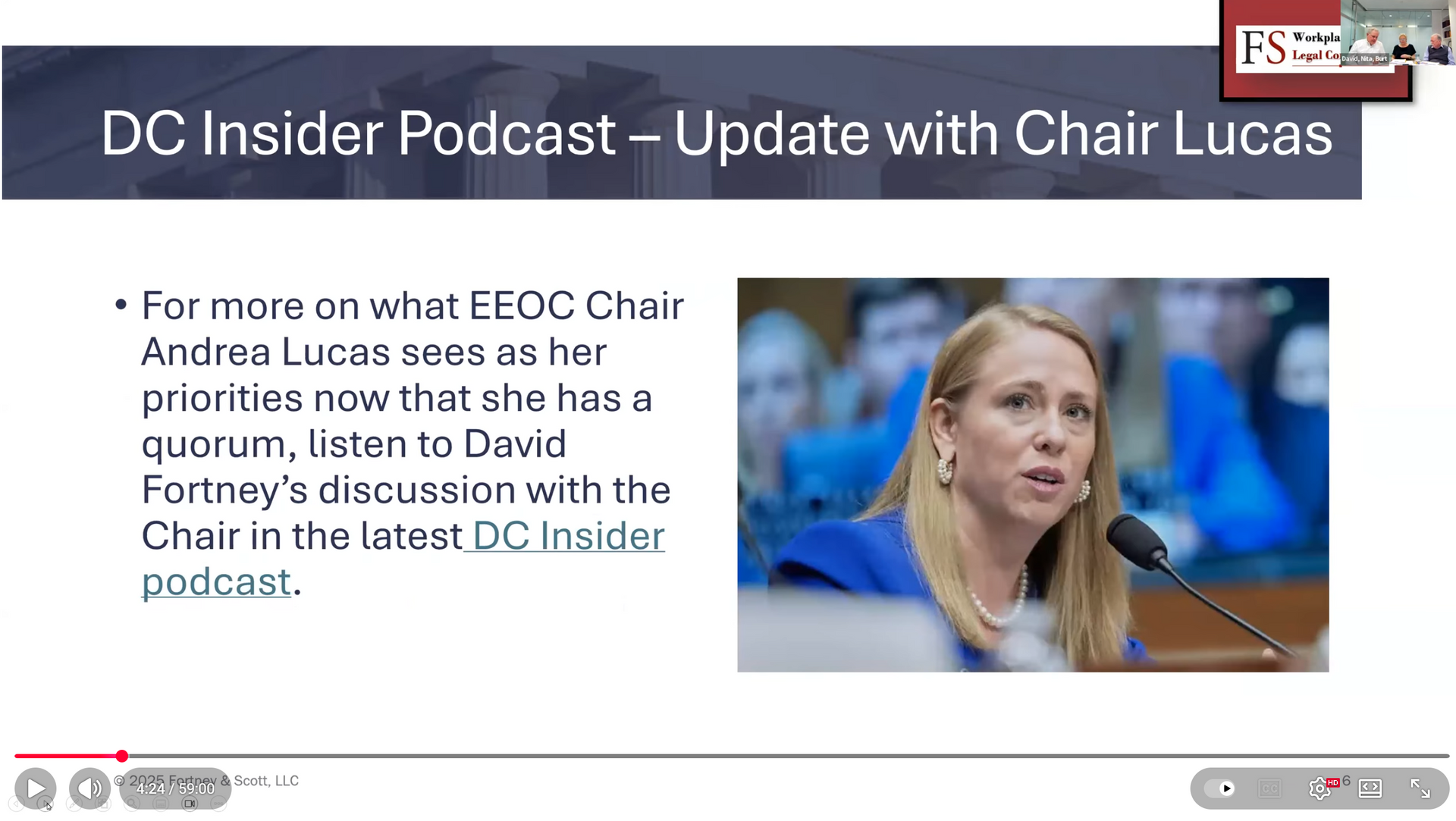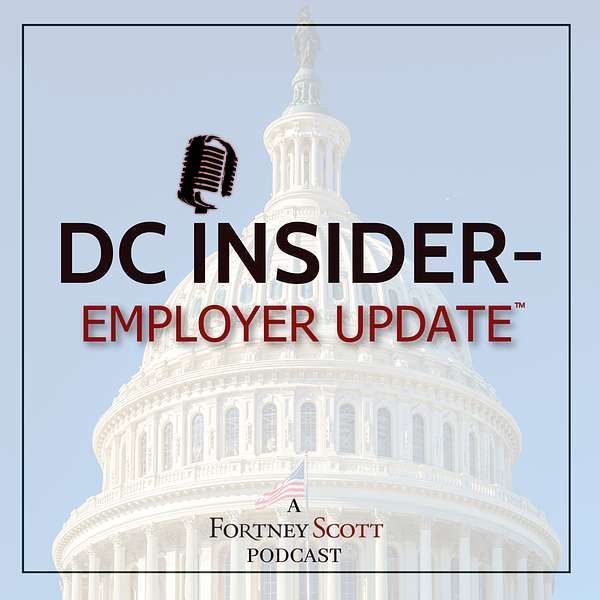GAO Report Recommends Improvements in Federal Agencies? Oversight of Tech Industry
The Government Accounting Office (GAO) has issued a report recommending improved oversight of the tech industry by EEOC and OFCCP because of the lack of women and African American workers in the industry. The GAO was asked to review the workforce trends in the technology sector and oversight by the federal enforcement agencies.
The GAO reviewed trends in the gender, racial and
ethnic composition of the technology sector workforce and the oversight by EEOC
and OFCCP of tech companies’ compliance with equal employment and affirmative
action requirements. After analyzing the workforce data from the American
Community Survey for 2005-2015; EEOC EEO-1 Reports for 2007-2015; and OFCCP data
on compliance reviews for FY2011 to 2016; and interviewing agency
officials, researchers and workforce, industry and company representatives, the
GAO found that while the percentage of minority technology workers increased
between 2005-2015, there was no growth for women or African Americans. Hispanic and Asian workers, however, made significant gains. Women, African Americans and Hispanics make
up a smaller percentage in the technology workforce-math, computing and
engineering-as compared to their representation in the general workforce while
Asians have a higher percentage in the technology workforce than in the general
workforce.
The GAO also found that although EEOC and OFCCP have
taken steps to enforce equal employment and affirmative action requirements,
both face limitations. The EEOC is limited by its complaint based focus and the
lack of industry based data. The OFCCP’s regulations and its
establishment-based limit its ability to hold contractors responsible for
compliance.
In response to these concerns, the GAO made 6
recommendations:
- The Chair of the EEOC should develop a timeline to complete planned efforts to clean IMS data for one-year period and add missing industry code data.
- OFCCP should analyze its internal process data from closed evaluations to understand the causes of delays during compliance evaluations and change the process accordingly.
- The OFCCP should require contractors to disaggregate demographic data for the purpose of setting placement goals in AAPs rather than setting single goals for all minorities.
- OFCCP should assess the quality of the methods used by OFCCP to incorporate consideration of disparities by industry into its process for selecting contractor establishments for compliance evaluation.
- OFCCP should evaluate its current approach used for identifying entities for compliance review and determine what modifications are needed to reflect current workplace structures and location or to ensure subcontractors are included.
- The OFCCP should evaluate the Functional Affirmative Action Program to assess its usefulness as an effective alternative to an establishment-based program and determine what improvement could be made to better encourage contractor participation.
Fortney
Scott is reviewing this report in detail and determining what impact these
recommendations will make on the tech industry, EEOC and OFCCP. Please contact
your Fortney Scott attorney for more information.















